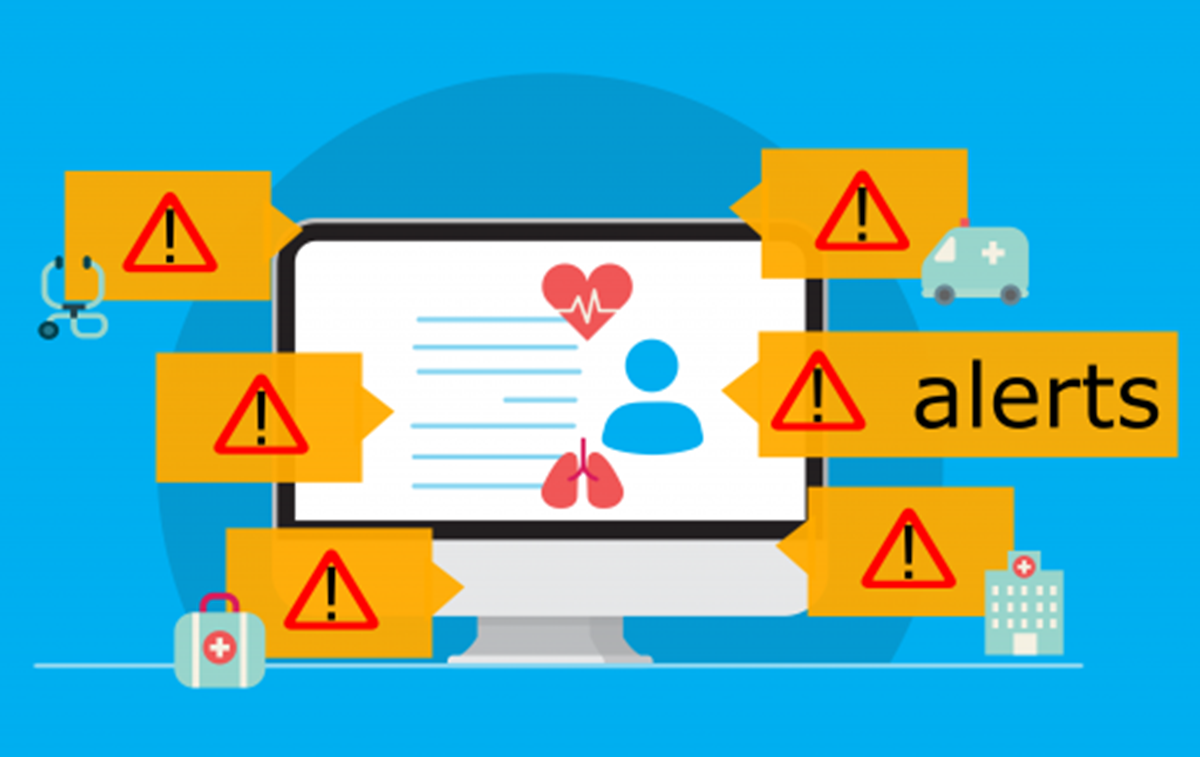Alarm Fatigue: a pretty fancy term, but what does it mean? In the Patient Security System business it means that if you start getting too many alarms, those who would normally respond to an alarm start to doubt the system is working and ignore the alarms. This is an understandable reaction but could be a serious problem if a real abduction was in process and it was ignored. Most have heard the story of the Little Boy Who Cried Wolf. He thought it was funny to call out an alarm that a wolf was trying to get at their livestock, and then he would sit back and laugh as everyone in town came running to chase away a wolf that wasn't there. Then, when there really was a wolf and the little boy signaled the alarm, everyone thought he was just up to his old tricks again and ignored him which led to a bad outcome.

Some of the alarms that can occur on the Patient Security System include:
- A patient is too close to an open exit - Exit Alarm.
- A patient has been too close to a closed exit for an extended period of time - Loiter Alert/Alarm.
- A door has been propped or held open for an extended period of time - Door Ajar.
- A patient is missing from the protected area - Tag Supervision Alarm.
- A tag is no longer tight enough on the patients ankle - Check Tag Tightness Event/Tag Loose Alarm.
- A parent feels the tag is too tight and tries to loosen the strap – Tag Tamper Alarm.
All of these are important events and alarms, and if one of them occurs, staff needs to respond and, in some cases immediately, to investigate and make sure all of their patients are safe and secure. But just like the boy who cried wolf, if these alarms occur too much staff becomes complacent to those alarms and Alarm Fatigue has set in.
At IMS we are aware of this potential problem and do our best to reduce Alarm Fatigue on all of our Patient Security Systems. We monitor all systems under warranty and those that have purchased a support agreement with us by downloading a copy of the alarm database every month. We use a software tool we developed to monitor alarm rates on each type of alarm. When the alarm rate exceeds the predetermined threshold as a percentage of admissions, we evaluate to determine the root cause of the alarms. In some cases it may be user error so our training team proactively contacts the customer to schedule additional user training. In other cases, there may be a technical issue and then a service ticket is opened, and the service team gets involved to resolve the issue. Your IMS support team takes this seriously and is proactively trying to avoid Alarm Fatigue.
This is just one of the many benefits available when you allow IMS to take care of your Patient Security System: constant monitoring to ensure your system is running optimally. One less thing for you to worry about, which means peace of mind for you and your patients.


